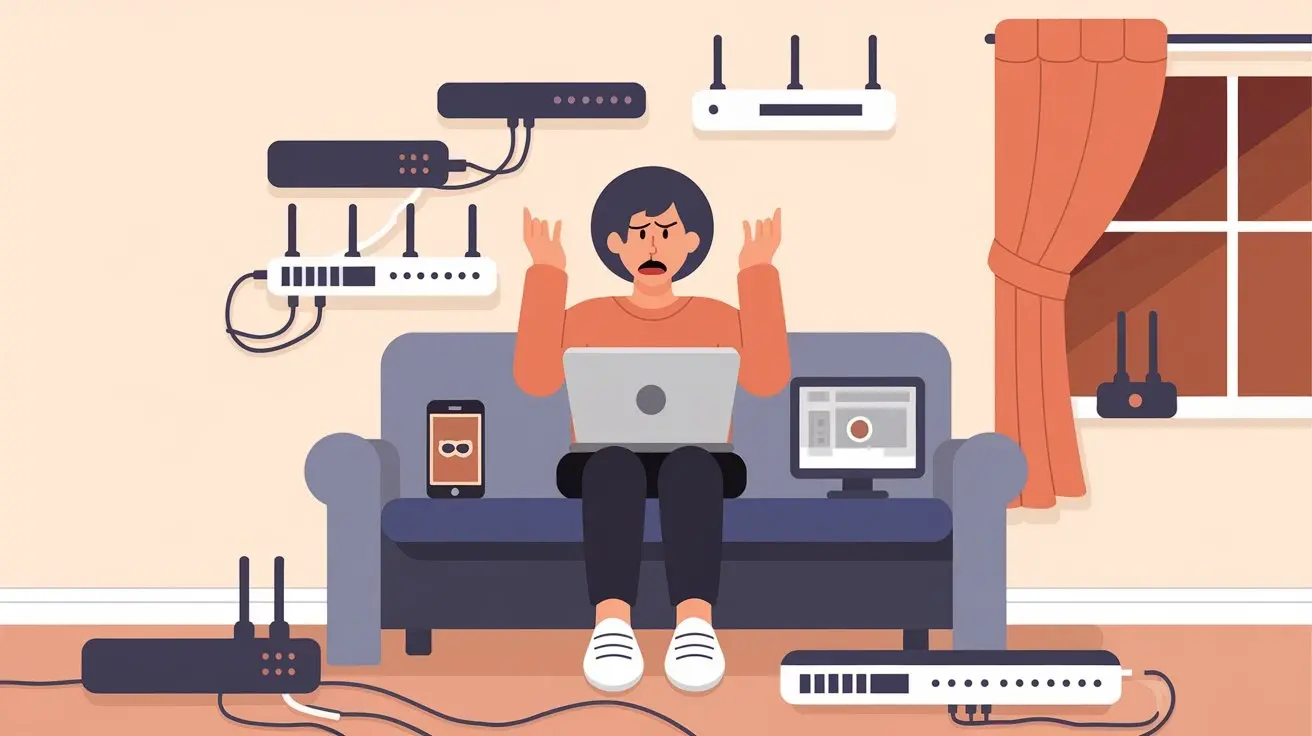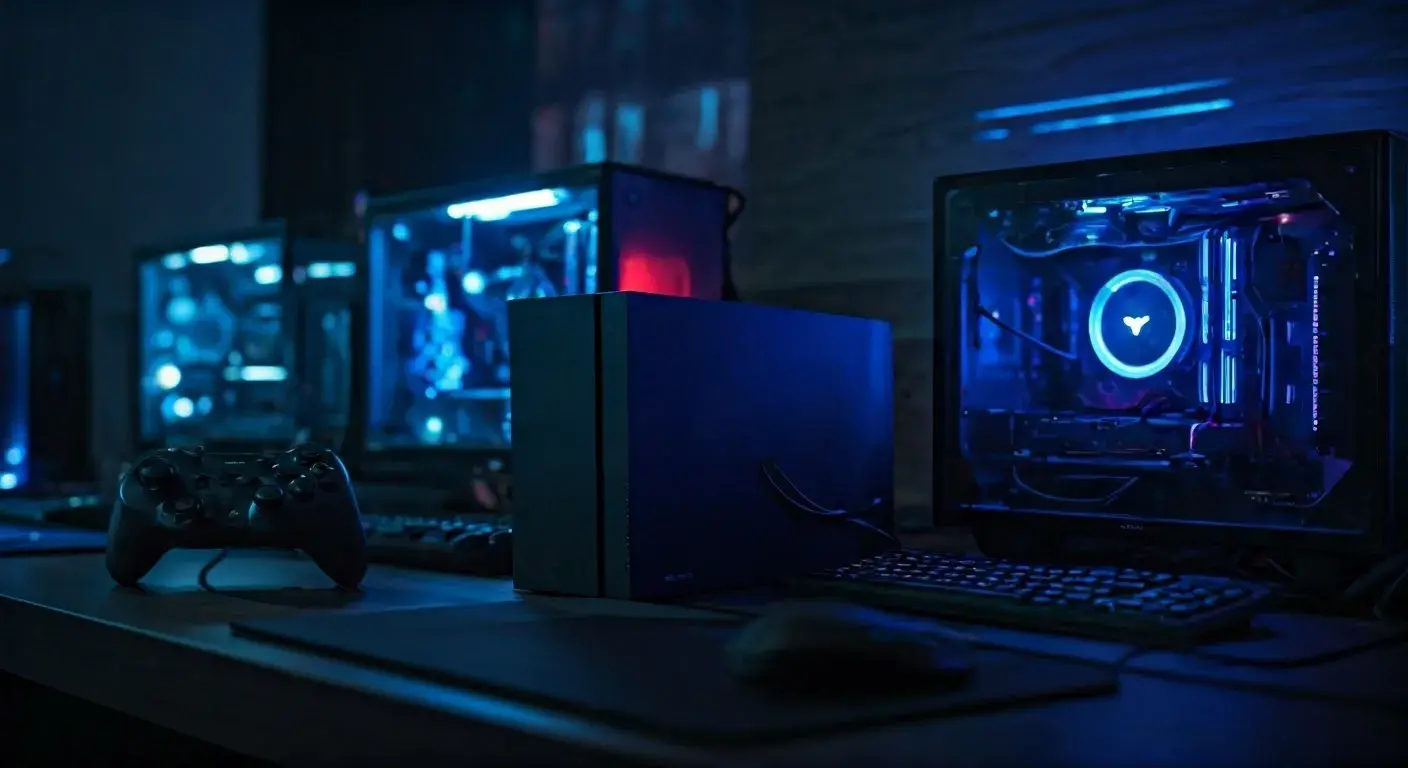Internet Wifi Connection Problems

Nowadays internet is a necessity, and to perform tasks at work, at school or to study and entertain ourselves, a steady connection to the World Wide Web and transmission rate of files over the air commonly known as WiFi is a must. However, disruptions that affect the internet connection are very common and they are very annoying and time-wasting. Below, we list the most common internet WiFi connection issues that occur and some simple solutions to have you up and running again.
1. Slow internet speed
- Problem: This is because slow internet can make your browsing experience very frustrating; videos will take time to load and downloads take forever.
- Solution: You should also get online and verify your internet plan to know if it’s the best for you or not; if it’s slow and does not meet the requirements, then you should get a better plan. Also, I recommend you should the router centrally located, away from the walls and other electronic devices that may cause interference.
2. Frequent disconnections
- Problem: Having your connection to the internet constantly severed is in many ways rather frustrating.
- Solution: Attempt to reboot your router or modem if there are connection issues or if the device is running slow. If this is still not fixed then, it could be a problem with the router’s firmware and should be changed or you need to consult with your ISP regarding the network problems.
3. Poor signal strength
- Problem: A bad signal that is usually indicated by a low Wi-Fi signal means that you have a low capacity to connect devices and the internet.
- Solution: Ensure that your router is positioned ideally in the middle of your home and is not obstructed in any way by walls or other metallic objects. If your router still gives a weak signal, you should consider either purchasing a WiFi range extender or a mesh system to amplify that signal’s distance and capacity.
4. Too many devices connected
- Problem: Devices connected to WiFi will use up the bandwidth making it slow and sometimes causing disconnections.
- Solution: To reduce the vulnerability, minimize the connections of devices with your network, and consider only the necessities. Moreover, allocate bandwidth by avoiding the frequency of auto-updates, halting video streaming and finding downloads during peak hours.
5. Overheating
- Problem: Your router can overheat which can lead to the disconnection of your internet connection.
- Solution: Make sure that you place your router in a cool region, far from heat sources such as computers and video game systems. bBlowin and out the router vents and fans to remove accumulated dust which is a cause of excessive heating.
6. ISP throttling
- Problem: Carriers may intentionally slow data rates on a network to deal with the congestion in the network.
- Solution: Try to telephone your ISP and ask why it has slowed down. If they insist they have slowed down your speeds, then it is time to change to another provider that will not mess with your connection.
7. Distortions from other appliances
- Problem: Other devices that residents could be having at home and in their offices include cordless phones and Bluetooth devices which are known to interfere with WFI signals.
- Solution: Some devices create interference near your router; you should consider relocating your router or changing the router channel. Also, you can use a WiFi analyzer tool to find out which of the channels is the least occupied.
8. DNS server issues
- Problem: Another factor that makes web pages take a long time to open or not to open at all is the DNS server.
- Solution: For instance, you can switch to Google DNS, Cloudflare, or OpenDNS and see if things improve. If you’re still experiencing the issue, do not hesitate to get in touch with your Internet Service Provider.
9. Router or modem malfunctions
- Problem: Your router or modem may develop some technical issues that interfere with your internet presence.
- Solution: Try resetting your router or your modem or check whether the problem exists in the other device you are using. If the problem is with a hardware part then refer to your ISP or the manufacturer for fixing or replacement.
10. Some of the acknowledged causes of these issues include Firewall or antivirus software conflicts
- Problem: IFirewall or your antivirus software might probably be preventing or becoming a hindrance to your internet connection.
- Solution: Try to turn off the firewall and antivirus temporarily to check if the problem concerned is going to be solved. This is especially so if your current internet connection is much better, In cases where their application has been blocked, you should either whitelist the applications or check with the concerned software support team.
11. Limited bandwidth
- Problem: The inability to access large bandwidths reduces the overall speeds of your Internet connection, more so at peak usage.
- Solution: Increase your internet connection to give you more capacity and quicker connection speed. For a person who has a fixed amount of data, the only solution would be to change to a different plan, or – if this is not possible – to keep track of the amount of data being used.
12. Outdated router firmware
- Problem: You don’t want to be using an outdated router with various security risks and connection problems in today’s world.
- Solution: Go to the manufacturer’s website for your router and look for firmware updates to download the newest firmware update. As for updating the firmware, it is recommended to do that strictly according to the guides provided by the manufacturer as some issues might occur otherwise.
13. Incorrect WiFi settings
- Problem: Hence, the wrong setting of the wireless connection such as the wrong IP address or subnet mask would mean that the devices cannot access the internet.
- Solution: To set up the correct WiFi of your router consult the user's manual that came with the router or preferably visit the router manufacturer’s website for further assistance. Do not forget to reset the configuration of your device settings so that the IP address, the subnet mask and the DNS match those of your router.
14. DHCP issues
- Problem: DHCP issues can cause devices to not get an IP address, and subsequently no internet connection.
- Solution: Try to renew your DHCP manually by turning off your router or modem and then turning it on again. If this continues, go to the router’s DHCP configuration and check if the dynamic host configuration protocol IP address range does not conflict with the other devices on the network.
15. A common mistake people make is a combination of the wrong port forwarding
- Problem: Port forwarding on your router settings can cause applications not to access the internet.
- Solution: Ensure that the ports you are forwarding are set up correctly and the IP address you want to forward to is correctly configured. Port forwarding can also be done by opening the particular ports accepted by the PC; refer to the router manual for procedures on how to do this.
16. IPv6 issues
- Problem: Connection issues are often experienced as a result of Internet Protocol version 6 (IPv6).
- Solution: Check that IPv6 is configured properly at your end on the router or switch and on the devices that you intended to work with. However, if you encounter problems with IPv6, invite you to deactivate IPv6 and use IPv4.
17. Cable or wiring issues
- Problem: Your home’s wiring or cable troubles can interfere with your Internet connection.
- Solution: Inspect your cables and wiring as far as possible and replace damaged connections or other parts of cables/wiring. Seek the services of an electrician if you are in doubt about how to go about the wiring of such electrical problems.
18. Modem light issues
- Problem: There are several LED light indicators on your modem that give a clue as to what connection issues you may be experiencing.
- Solution: You can refer to the user manual of your modem or visit the manufacturer’s website to learn what each light means. That specific light shows that there is a problem with the auto part in question; if so, address the issue aptly.
19. Internet security threats
- Problem: Hacker attacks or viruses might slow your connection speed or cause problems with your internet connection.
- Solution: Be particularly careful to apply antivirus and anti-malware tools on all of your devices. All the time, make scans that are meant to identify the root of the problem and delete any interferences that might be affecting the internet connection.
20. Internet service outages
- Problem: Your ISP power outage can occur and power off your internet connection temporarily or permanently at times without prior notice.
- Solution: Connect to your ISP’s official page, on social networks or its webpage to read about any service interruptions or planned maintenance works. If it is not an isolated case, your only option is to wait for your ISP to sort it out.
Conclusion:
Listed below are twenty frequent Internet WiFi connection problems and their probable solutions which should assist you get to the bottom of most home network issues. What you need to do is apply all the tips and tricks mentioned above to ensure you can enjoy an interruption-free, fast, and secure web connection. For any further assistance or help you can refer to the manual provided by the router company or the link might be available on the router company’s website.





